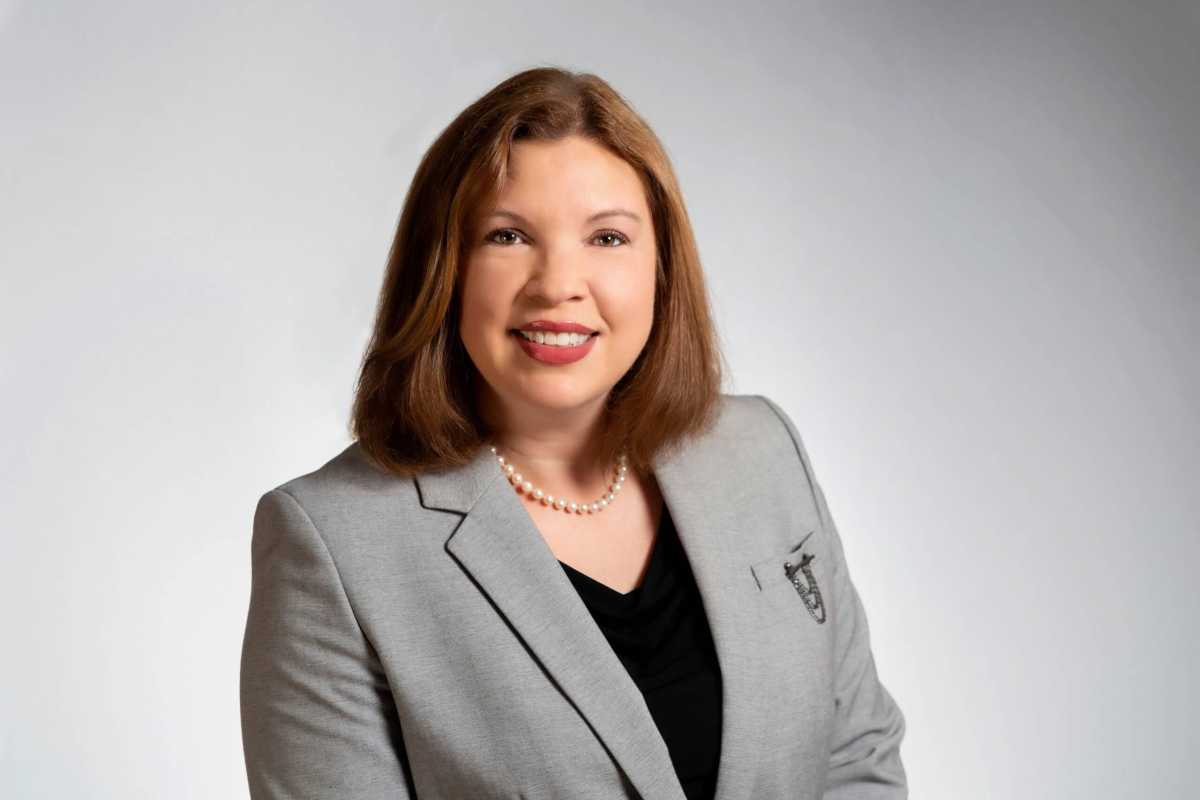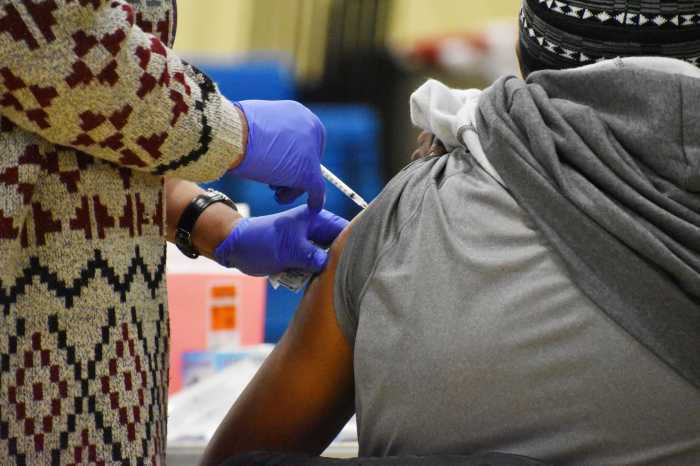We’re all in this together.
It’s a philosophy that Mental Health Partnerships has embraced long before the coronavirus pandemic plagued the world, and one that they continue to live by today.
Headquartered at 1211 Chestnut St.—with additional locations throughout the greater Philadelphia area as well as Delaware and New Jersey— Mental Health Partnerships uses a holistic approach to recovery and wellness through peer-centered advocacy and learning.
The organization offers more than 40 programs and services, including educational family support groups, homeless outreach, an autism peer support program, recovery learning centers and much more. And while some day-to-day operations have been adjusted due to the coronavirus outbreak, their outreach advocacy has not dwindled.
“Because of the COVID-19 pandemic, we have shifted many of our services, trainings, workshops and advocacy to telehealth and virtual platforms,” explained Dr. Adriana Torres-O’Connor, President and CEO of Mental Health Partnerships. “Our mobile peer support teams, targeted case management teams and family peer support teams are offering individual and group services via telehealth and our Institute for Recovery is available for webinars on various mental health, wellness and self-care topics.”
The organization’s recovery learning centers and homeless outreach teams are still operational, and are closely following recommendations from the Centers for Disease Control and Prevention regarding safety protocols.
“A lot of the population that we’re dealing with are homeless. There are recovery learning centers, so people can come in and get a shower, get food and get help. They can get some assistance,” said Sara Manning, Director of Marketing and Development. “We had to reduce our hours on those types of programs and take the necessary precautions for our staff and participants.”
Some programs had to be completely suspended, but the majority of services usually offered by Mental Health Partnerships are still operational today—with some necessary alterations.
Peer-supported programs are a vital part of the organization’s model, and those have been moved to a telehealth model, allowing those in need to connect online. Professionals are available to mentor people through individual programs, family support programs and a warmline called Healthy Minds Philly, a text chat line that is available on their website.
“This is a warmline not a crisis line. It is a texting service for anyone who is looking for emotional support, an empathic and supportive ear, seeking information and referrals for behavioral health services or is just looking for someone to talk to and connect with,” said Torres-O’Connor, adding that the warmline is available weekdays from 9 a.m. to 9 p.m. “People can connect with a trained peer support provider who is there to listen, support and care.”
Mental Health Partnerships has seen an upwards of 30-percent increase in people seeking support through Healthy Minds Philly, which can be a direct result of the stress and anxiety many are feeling amidst the COVID-19 pandemic.
The novel coronavirus has infected more than 1 million people worldwide. In Philadelphia, the number of confirmed cases has increased to 4,272 as of Tuesday afternoon, including 65 deaths.
“The COVID-19 pandemic brings a large amount of uncertainty and lack of control for people which can trigger stress reactions, which can be both emotional and behavioral,” said Torres-O’Connor. “Now more than ever, people need quality and easy-to-access mental health services to help them understand and manage an increase or intensity of current symptoms of mental illness or to help people manage feelings like fear, anxiety, sadness, anger or other feelings.”
Mental health professionals have offered advice to help those overcome feelings of fear and anxiety, specifically keeping a routine, maintaining healthy sleep habits, eating a well-balanced diet and exercising. Also, it is extremely important to maintain a healthy mindset through communication—whether it’s with friends, family or a support network like Healthy Minds Philly.
“There’s this constant talk of the importance of social distancing and staying home. Social distancing is about physical distance, not emotional distance,” said Torres-O’Connor. “What we need now, more than ever, is to stay emotionally involved.”
Providing support:
Mental Health Partnership’s main office is located at 1211 Chestnut Street and can be reached directly at 215-751-1800 or toll-free at 800-688-4226. For additional information including a complete list of available services and programs, visit www.mentalhealthpartnerships.org.
How you can help:
Mental Health Partnerships is seeking monetary donations to help fund their ongoing advocacy efforts. To make a donation, visit www.mentalhealthpartnerships.org/donate.
The organization is also seeking donations of personal protective equipment such as masks, gloves, hand sanitizers and cleaners. The recovery centers and homeless outreach programs are still open and are seeking donations of bottled water, toilet paper, travel size first aid items and snack food items. If anyone is able to donate those items, call 800-688-4226 and Mental Health Partnerships will make arrangements for pick up. Donated items can also be shipped to: 1211 Chestnut Street, Suite 1100, Philadelphia, PA 19107, Attn. Dr. Adriana Torres-O’Connor.

























